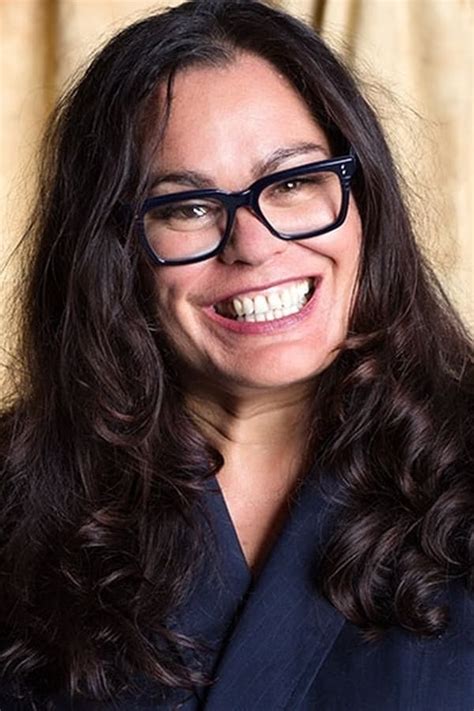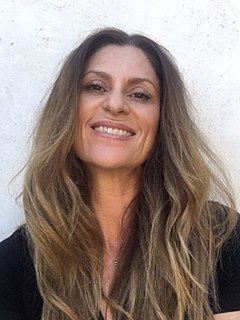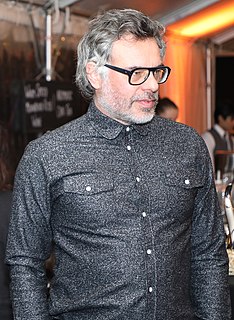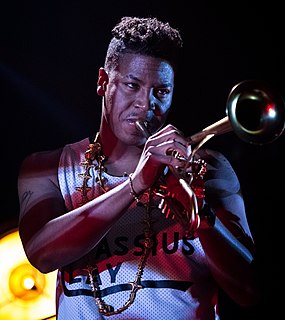A Quote by Rachel House
In Maori culture there's a lot of humor and just as quickly we are able to express grief.
Related Quotes
I think what I was unconsciously expressing in 'Black Rainbow' was a very abstract and metaphorical grief, in the way I had suppressed my grief about my mother dying. In retrospect I realise I started writing 'Mandy' as a sort of antidote to that, to sort of express those emotions, to purge that grief.
All those years I fell for the great palace lie that grief should be gotten over as quickly as possible and as privately. But, what I've discovered is that the lifelong fear of grief keeps us in a barren, isolated place, and that only grieving can heal grief. The passage of time will lessen the acuteness, but time alone, without the direct experience of grief, will not heal it.
But you can’t get to any of these truths by sitting in a field smiling beatifically, avoiding your anger and damage and grief. Your anger and damage and grief are the way to the truth. We don’t have much truth to express unless we have gone into those rooms and closets and woods and abysses that we were told not go in to. When we have gone in and looked around for a long while, just breathing and finally taking it in – then we will be able to speak in our own voice and to stay in the present moment. And that moment is home.
We use up words like 'spiritual' so fast in this culture. Twenty years ago spiritual had a distinct meaning. But now there's a lot of jack-off thinkers who just love to talk about the spiritual. And there is a lot of bogus - is bogosity a word? It should be - a lot of bogosity in these spiritual seekers. So you have to find another way to express it. I just call it 'how I fit'.
Anyone should be able to express themselves in any context. Obviously, there are arguments against appropriation, but it's one thing when someone is doing something for satire or making fun of a culture, but if they respects the tenets of the culture and they want to be a part of that, what could be more beautiful than that?
There is no cure for the social battles that we fight in our culture - and there's so much grief around race, gender, and so forth - until you eliminate "withdrawal" and "attack" and replace them with "acceptance" and "help." Once you do that and not just talk about it, these other issues will fall into place quickly. They will not fall into place at all unless it is done this way.




























